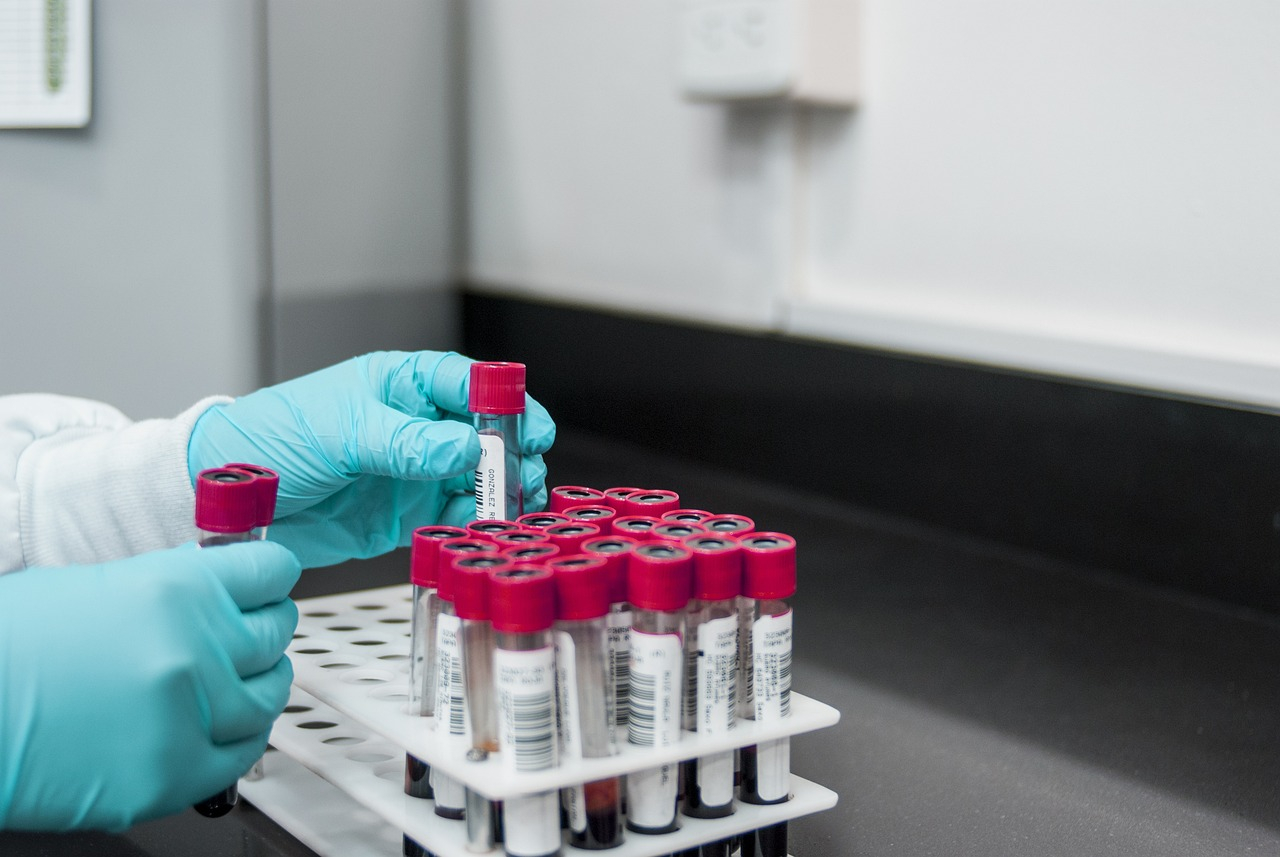Disrupted Gut Microbiome Balance
The COVID-19 pandemic has raised alarms among scientists globally. Iliyan Iliev and his team decided to take a closer look at possible fungal co-infections in patients with severe disease progression. Their study, published in "Nature Immunology," demonstrated that in some patients with severe COVID-19, certain gut fungi triggered a prolonged immune response that persisted even after the initial symptoms of the infection had subsided. This condition could contribute to severe respiratory symptoms observed in these patients.
How Fungi Affect Immune Cells
Research by Iliev and his team revealed that neutrophils, a type of white blood cell that fights infections, were present in significantly greater numbers in patients with severe COVID-19 compared to those with mild disease or healthy individuals. When scientists infected mice with strains of the fungus Candida albicans taken from severely ill patients, they discovered an increased production of antifungal antibodies and neutrophils. Treating these mice with fluconazole, a common antifungal drug, led to a reduction in both neutrophils and antibody levels. This suggests that fungal overgrowth could contribute to an increase in neutrophils, with the coronavirus itself possibly initiating this process.
Long-term Effects of Excessive Fungal Growth
The study shows that the direct impact of fungi on the immune system is problematic. Researchers found that the stem cells responsible for creating neutrophils had been specially adapted to fight fungi in patients who had experienced severe COVID-19. These stem cells remained active long after the initial infection had ended, potentially preparing the body for a dramatic response to future fungal threats. In the long term, this may pose a risk of an excessive reaction to other fungal infections, potentially leading to additional health complications in the future.
This in-depth look at the interaction between gut fungi and the immune system during severe COVID-19 provides valuable insights into the complexities of the human microbiome and highlights the potential for more personalized medical treatments in the future.
Source:Wired








